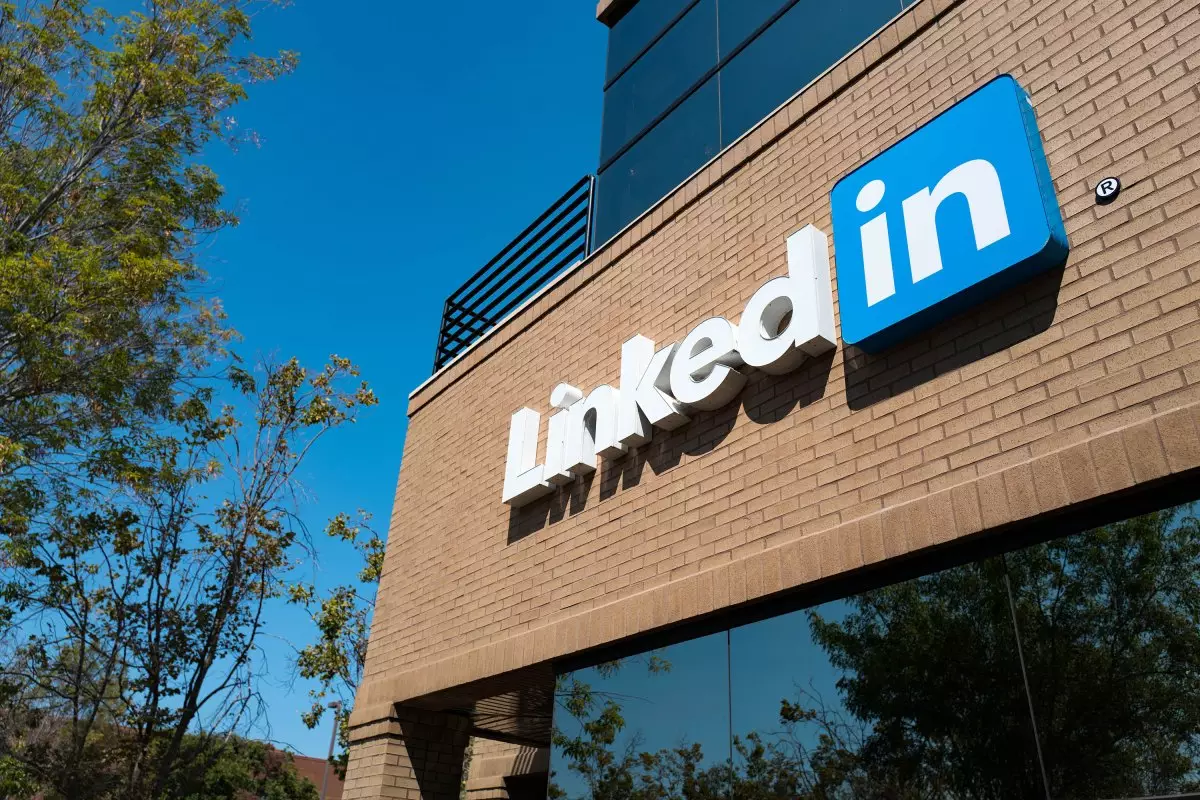In a noteworthy move within the realm of digital privacy, LinkedIn, owned by Microsoft, has paused its processing of user data for the training of artificial intelligence (AI) models. The decision comes in response to scrutiny from the U.K. Information Commissioner’s Office (ICO), whose executive director, Stephen Almond, expressed satisfaction with LinkedIn’s reconsideration of its practices. This pause addresses mounting concerns regarding the ethical handling of user data and the absence of user consent for such significant applications.
LinkedIn’s announcement followed an observable backlash from privacy advocates who identified a troubling modification to the platform’s privacy policy. The company quietly adjusted its terms to include the United Kingdom in the roster of regions from which it would not allow users to opt out of data processing for AI model training. Initially, LinkedIn specified that it was not using data from users in the European Union, European Economic Area (EEA), or Switzerland. However, the disparity for U.K. users suddenly raised alarms, given that the U.K.’s data protection laws still adhere to many of the principles laid out by the EU’s General Data Protection Regulation (GDPR).
The Open Rights Group (ORG), a U.K. digital rights nonprofit, swiftly expressed outrage at LinkedIn’s initial omission regarding U.K. users while also directing criticism towards the ICO for its apparent inaction against potential violations of data privacy. The organization lodged a fresh complaint, highlighting that consentless data processing could represent a significant breach of users’ privacy rights. The contrasting treatment of U.K. and EU data subjects raises critical concerns regarding fairness and transparency in data handling practices.
Moreover, the situation reveals a broader trend of regulatory challenges faced by privacy advocates in observing and controlling the data practices of powerful corporate entities. As LinkedIn opted to suspend its data processing amid regulatory pressures, the larger issue of consent and user agency looms large. Notably, Meta has recently resumed data harvesting from U.K. users, reinstating the necessity for users to proactively opt out of having their personal information utilized for AI training. This move highlights a pervasive pattern where tech giants continually navigate around regulatory frameworks, prompting questions about the adequacy of existing laws to safeguard individual privacy.
Critics, including ORG’s legal and policy officer Mariano delli Santi, argue that the existing opt-out model is fundamentally flawed. His assertion that users should not be expected to monitor and negotiate the privacy policies of each platform underscores a growing frustration with the state of data protection. Individuals often lack the tools or knowledge necessary to effectively safeguard their information, leaving them vulnerable to exploitation. The demand for affirmative consent — where users give explicit permission before companies utilize their data — could alleviate some of these concerns and shift the balance of power back to consumers.
The conversation around user data rights continues to gain momentum, particularly as AI technologies proliferate. There is a pressing need for lawmakers and regulators to adopt clearer guidelines that not only protect user interests but also compel corporations to prioritize transparency and accountability in their data practices. Creating user-centric frameworks that require explicit permissions can engender a culture of trust between tech companies and their users.
While LinkedIn’s decision to halt AI model training is commendable, it is essential to view this as a first step rather than a solution. The tech industry must continue grappling with fundamental issues surrounding data ethics and user consent. To prevent the exploitation of user information, building a robust regulatory environment that enforces stringent data protection measures is crucial.
The actions of LinkedIn, Meta, and other tech giants will undoubtedly shape the future of AI training practices and user privacy laws. As this landscape evolves, the onus remains on regulators, privacy advocates, and corporations alike to engage in collaborative efforts that prioritize the rights of users, ensuring a digital ecosystem that respects individual privacy and fosters responsible innovation.

